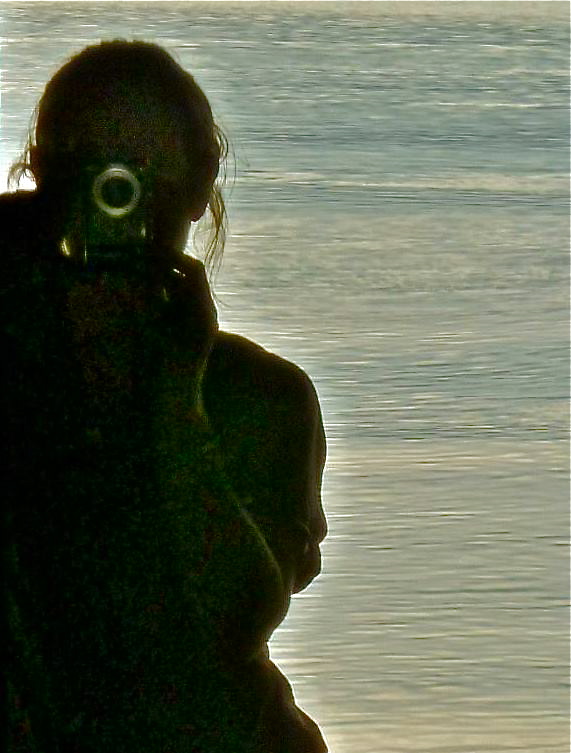Last night Australia were beaten 6-15 by Ireland in the Rugby World Cup. This was described here as a 'shock result'. Admittedly Australia were the favourites, but I would say the result was more of a mild surprise than a shock. Ireland proved immovable in the scrum and their back line remained resolute throughout. Their experience – they are the oldest squad in the tournament – helped significantly to bring about victory over the Wallabies, whom we recently watched beat the All Blacks at Lang Park to become Tri Nations champions. Last night, the team that deprived England of the Grand Slam in the Six Nations Championship earlier in the year but had a dreadful run-up to this World Cup tournament, outwitted the Aussies, who looked increasingly perplexed and didn't even earn a bonus point for losing by less than seven points. They had been convinced beforehand, you see, of their near-invincibility, an assumption they tend to take with them into most of the world's major sporting arenas.
This morning I read Gary Younge's piece in last week's Guardian Weekly, 'Americans must learn to get over themselves'. He opines that their self-absorption in the decade following 9/11 has prevented them from making wise decisions on the world stage: a need for vengeance has precluded foreign policy based on caution and restraint. His observation that 'there was an element of narcissism to the national grief... as though American were unique in their ability to feel pain' led me to consider how other nationalities consider that certain attributes of their character are unique to them, whereas, in fact, they're nothing of the sort.
In Britain, people still talk about the Dunkirk spirit. Usually after a bit of a disaster, such as flooding or rioting or a 'hurricane', communities pull together and help one another like never before and nowhere else on earth. I didn't live through the Second World War, so it's easy for me to be glib. My great aunt, however, who is 95, has often told me that, without doubt, and despite all the hardship and fear and loss, the War days were the best of her life. But were the Brits any different from countless others who struggled in the face of that enormous adversity and leant on each other during the darkest of days?
A similar kind of belief abounded in Queensland after the Great Flood in January and following Tropical Cyclone Yasi, which literally tore through northern parts of the state barely weeks later. Thousands of volunteers turned out in Brisbane to clean streets and homes of their foul mud; millions of people nationwide contributed millions of dollars to the disasters appeal; and for months elaborate and generous aid networks organised the collection and distribution of essential items donated to flood and storm victims. You often heard it suggested that the desire and ability to provide such wonderful support sprang from Queenslanders' hearts to an extraordinary if not unprecedented degree. If the speaker was feeling particularly magnanimous, it was from Australian hearts.
Are any of us in a position, however, to compare the suffering of others, or anyone's efforts to relieve that suffering. Is the grief of parents whose sons return from a theatre of war in caskets any greater or less depending on whether those battlefields were (or are) in Flanders or Vietnam or Afghanistan? Are the consequences of a tsunami for the villages and towns it sweeps away in Banda Aceh worse than for a New Zealand community in which every family loses members in a mining disaster? Can you ever act fast enough to help the victims of famine in Africa or an earthquake in Haiti? Who can judge the cut-off point for supplies of blankets, biscuits or bandages? Is donating even a significant amount of cash good enough?
You hear a lot about 'mateship' in Australia. It means a bond of friendship founded on absolute equality and loyalty, more often than not between men, that is fundamental to the footy team or the defence forces but is also regarded as crucial for survival in a hostile landscape and climate. Such friendship is based on shared experience, but you can exhibit mateship to someone you don't know or have only just met, especially if they're in need and you're able to help.
You certainly hear men talk about their mates a lot more here than in the UK, for example. And mateship manifests itself socially, not only in the stereotypical territory of men round the barbie and women... somewhere else. We've noticed many groups of men only or women only out together in Brisbane, and I'm not talking about under-25s. So perhaps it is a peculiarly Australian thing.
Had I been born in France, I would have been une fille unique rather than 'an only child'. The French language puts a far more positive slant on a situation I wish had been otherwise. I wouldn't have been more unique than any other fille unique, but I like the idea.
In fact, we are all unique; it's just that some of us believe we're more unique than others.
